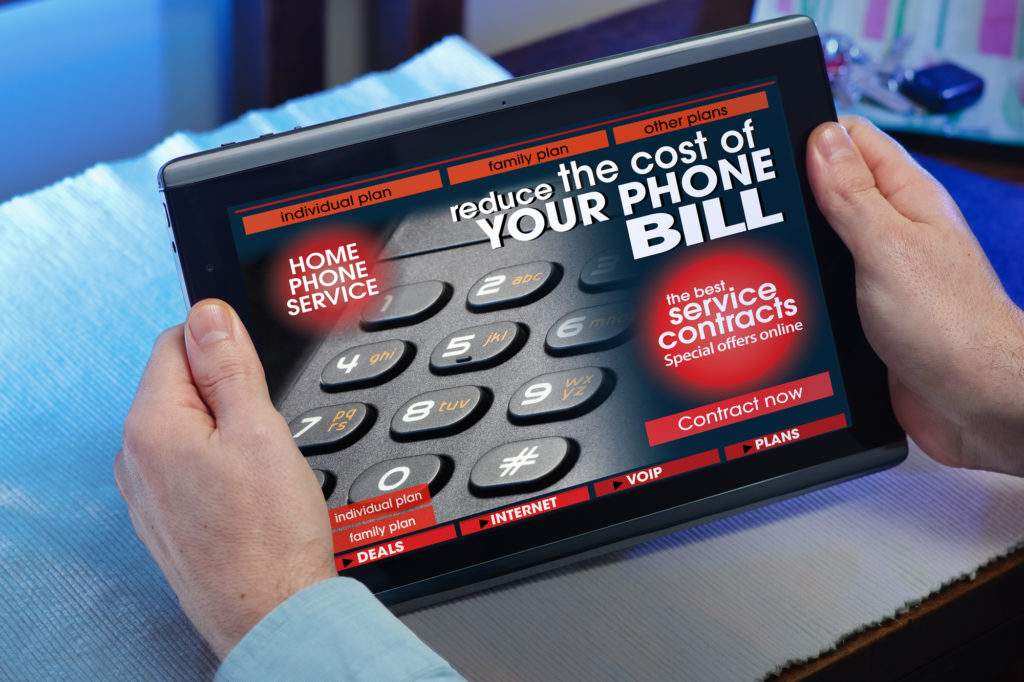(406) 551-7270
FIBER OPTIC CABLING BUSINESS PHONE SYSTEMS BOZEMAN

Fiber Optic Cabling, Install, Repair, & Maintenance, Service Bozeman
Fiber optic cabling has revolutionized the way data is transmitted, offering numerous advantages over traditional copper wiring. One of the key benefits of fiber optic cables is their immunity to attenuation, which refers to the loss of signal strength over long distances. Unlike copper cables, fiber optic cables use light to transmit signals through glass strands, ensuring reliable data transfer even over significant distances without the need for external amplification. In addition to their superior transmission capabilities, fiber cables also offer remarkable bandwidth capabilities. While copper cabling is limited to around 100 meters, fiber optic cables can carry much larger amounts of data over longer distances without signal degradation. This makes fiber optic cabling ideal for applications that require high-speed data transmission and extensive network coverage. Another advantage of fiber optic cabling is its physical composition. Fiber cables consist of thin glass strands that are insulated and bundled together. This compact design makes installation quick and easy, minimizing disruption during the process. The individual strands are incredibly thin and lightweight, making them flexible and easy to handle. Furthermore, fiber optic cables utilize light-emitting diodes (LEDs) to send light pulses through the fibers, which are then decoded by computers or phones. This ensures high-quality transmission and reduces the likelihood of signal interference or degradation, resulting in clear and reliable communication. Overall, fiber optic cables offer a compelling solution for businesses and organizations seeking dependable and high-speed data transfers over long distances. With their immunity to attenuation, superior bandwidth capabilities, ease of installation, and high-quality transmission, fiber optic cabling is an excellent choice for modern communication and networking needs.
Two industry standards for Fiber Optic Cabling:
Single-mode (100BaseBX standard)
Single-mode fiber optic cabling is a popular choice for long-distance telecommunications networks due to its exceptional bandwidth capacity compared to other connection methods. With its increased capacity, single-mode networks can accommodate a large number of users and their data transmission needs, resulting in a more efficient operation of the entire telecommunications network. This can translate into lower cost of ownership in telecoms operations, making single-mode technology a valuable addition to any long-distance network. By reducing the need for additional hardware or equipment, single-mode fiber optic cabling provides a more streamlined and cost-effective solution for businesses and organizations seeking to improve their long-distance communications capabilities. Its reliability, flexibility, and capacity make it an ideal choice for applications that require high-speed data transfer over long distances, such as voice, video, and data communications.
Multimode (100BaseSX standard)
Multimode fiber optic cabling, specifically the 100BaseSX standard, is widely utilized in local networks primarily because of its cost-effectiveness in terms of hardware and electronics. With different configurations such as OM2, OM3, and OM4, multimode fiber cables offer varying transmission speeds of 1, 10, or 40/100 Gb over different ranges. This affordability, coupled with its reliable performance, makes multimode an attractive solution for businesses seeking to upgrade their LAN networks without incurring substantial expenses. Even experienced IT professionals endorse multimode fiber optic cabling as a cost-effective means of achieving high-speed connectivity without compromising on quality. With its ability to deliver lightning-fast speeds, multimode fiber optic cabling proves to be a reliable and budget-friendly choice for local network applications.
Fiber cabling has quickly emerged as the go-to solution for high-bandwidth data transmission, thanks to its unmatched reliability and performance. Unlike traditional copper wires, fiber cables experience significantly lower signal loss and possess greater resistance to external electromagnetic fields, resulting in a cleaner and more reliable transmission. Additionally, fiber cabling can be routed virtually anywhere, making communication services installation much simpler. At Bozeman Business Phone Systems, we provide custom fiber cabling solutions tailored to meet the unique needs of each business. Our team of installation experts is available to discuss your next project and provide a detailed estimate. With our solutions, you can enjoy seamless connectivity, superior performance, and easy accessibility without any hassles. Contact us today to learn more!